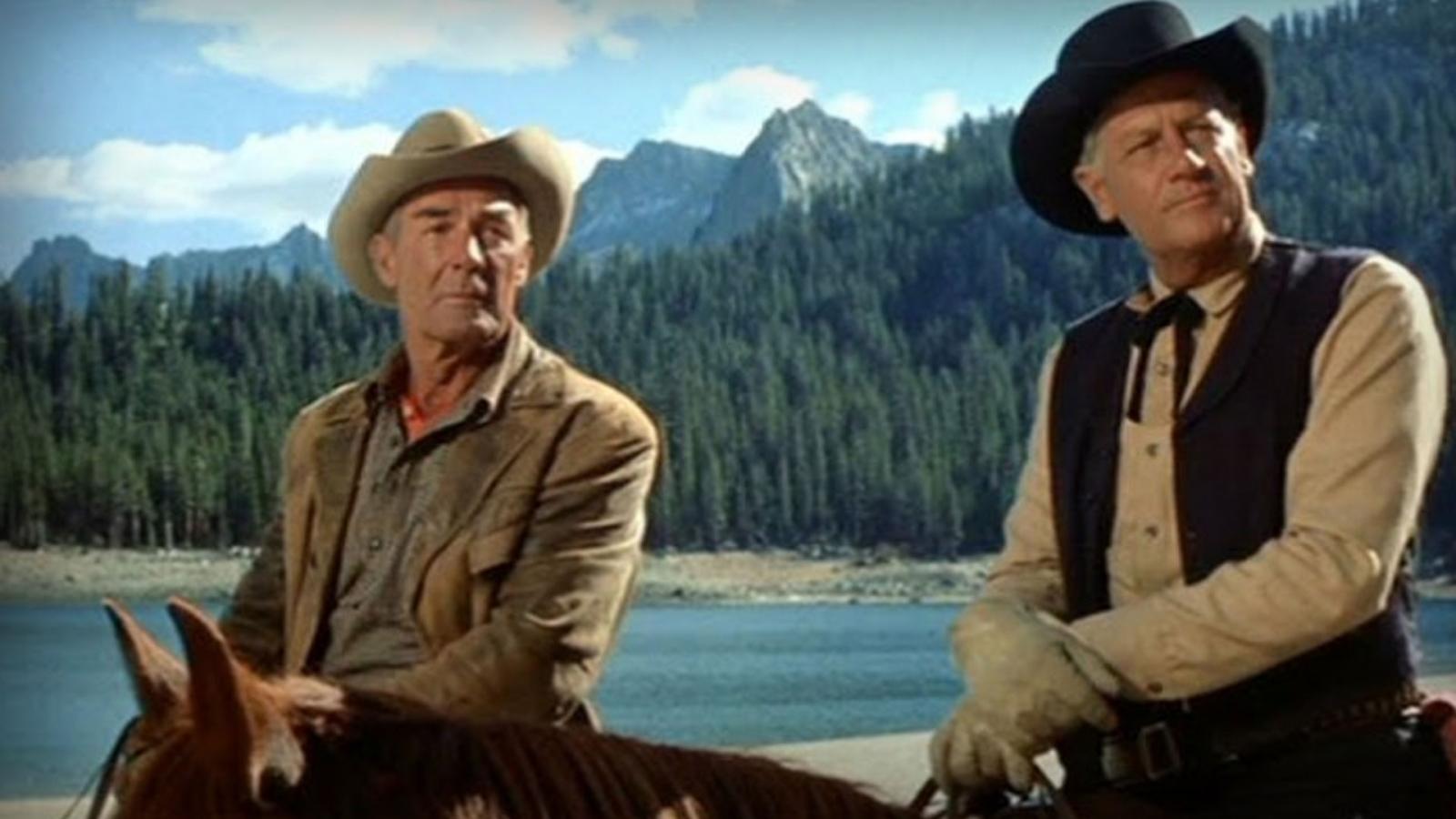The Real Reason Why Randolph Scott Quit Acting Was the Smartest Exit in Hollywood

Randolph Scott spent decades playing stoic, straight-shooting cowboys — and then, at the top of his game, he just stopped.
After filming Ride the High Country in 1962, he retired from acting at age 64 and never looked back. In an industry built on reinvention and last chances, Scott's choice was rare — and, in hindsight, brilliant.
For anyone unfamiliar: Scott was a massive star in his time. He appeared in over 100 films, became one of the defining faces of the American Western, and was beloved by genre fans for his calm authority and horseman's ease.
Quentin Tarantino once summed it up like this: while people generally liked John Wayne, "people who like Westerns really like Randolph Scott."
So why did he walk away?
The short version: he could afford to — and more importantly, he knew when to quit.

Scott didn't just act in Westerns. He treated Hollywood like a business and was better at the money game than most producers. Throughout his career, he invested heavily in real estate and other ventures, and by the time he retired, he was frequently mentioned as one of the wealthiest people in the film industry.
- Age at retirement: 64
- Final film: Ride the High Country (1962), directed by Sam Peckinpah
- Film count: Over 100
- Box office success: Consistently strong throughout the 1940s–50s
- Major financial strategy: Real estate investing
- Known retirement lifestyle: Golf, family, and staying far away from showbiz
Lee Marvin once recalled seeing Scott during a chaotic scene on set:
"There was a flaming stagecoach in one scene, racing along while the cameras rolled in the driver's seat. Holding the reins sat the stunt man while 20 yards away, sitting in a canvas chair, sat Scott, all dressed in his cowboy outfit, with legs crossed, reading the Wall Street Journal."
That wasn't just a good anecdote — it was basically a metaphor for how Scott approached his career. He was calm, calculated, and totally in control.
When it came time to quit, Scott didn't burn out or fade away. He simply decided he was done. He didn't need the money, he didn't need the applause, and he wasn't interested in clinging to relevance. Ride the High Country was critically acclaimed, and Scott saw it as the perfect final note.
It helped that he knew his limits. He didn't chase directing or producing credits, didn't get lured back by cameos or sequels. He lived quietly, played golf, and enjoyed the fortune he'd built without making headlines.
And unlike so many other stars who tried to hang on too long, he never had to apologize for staying past his prime.